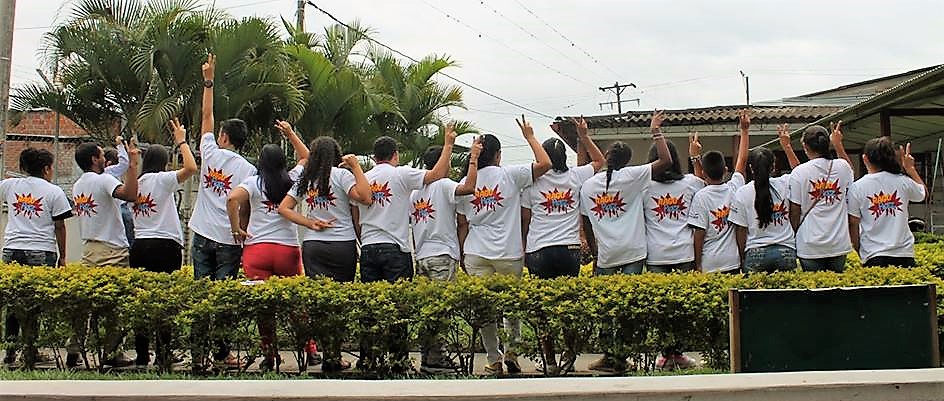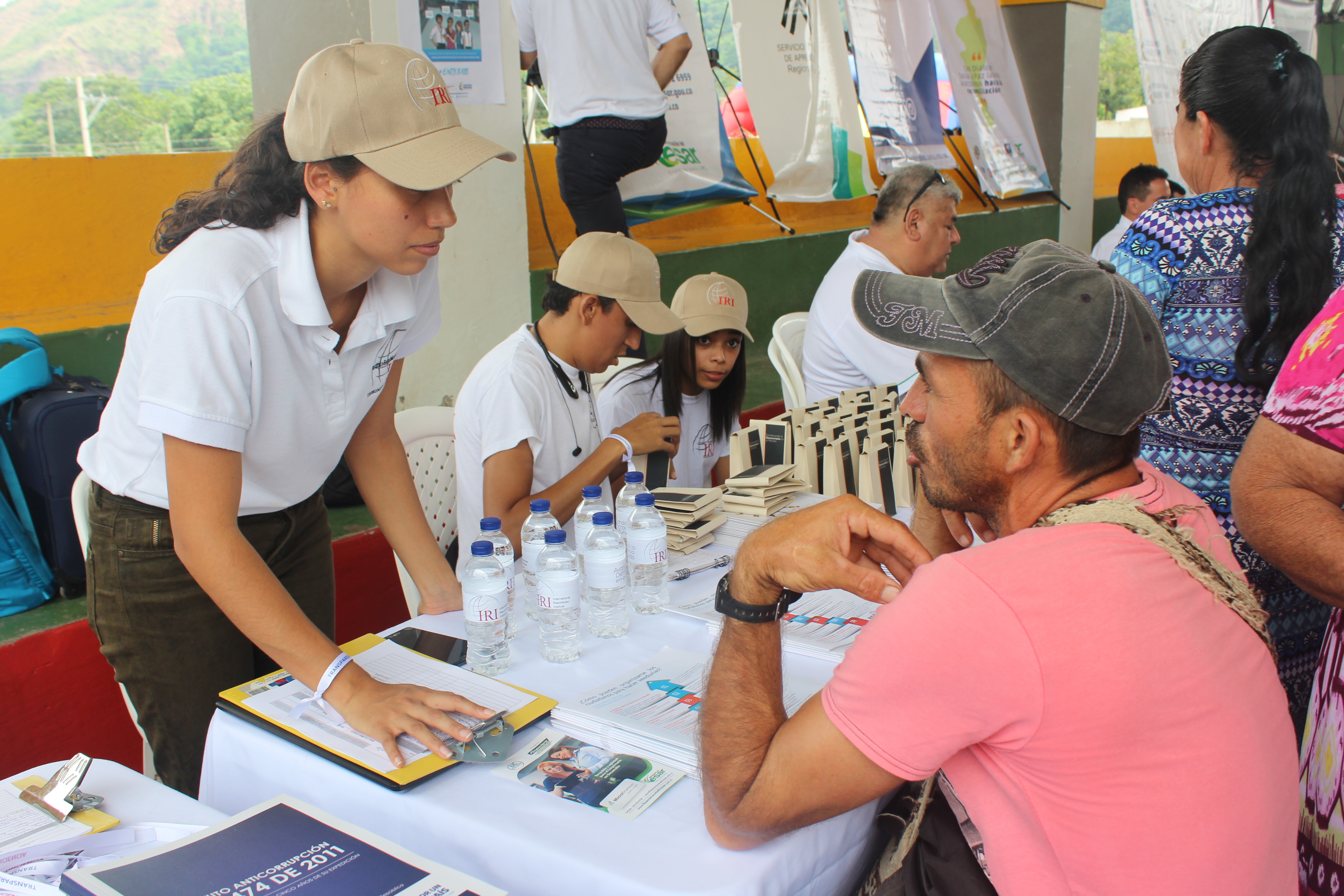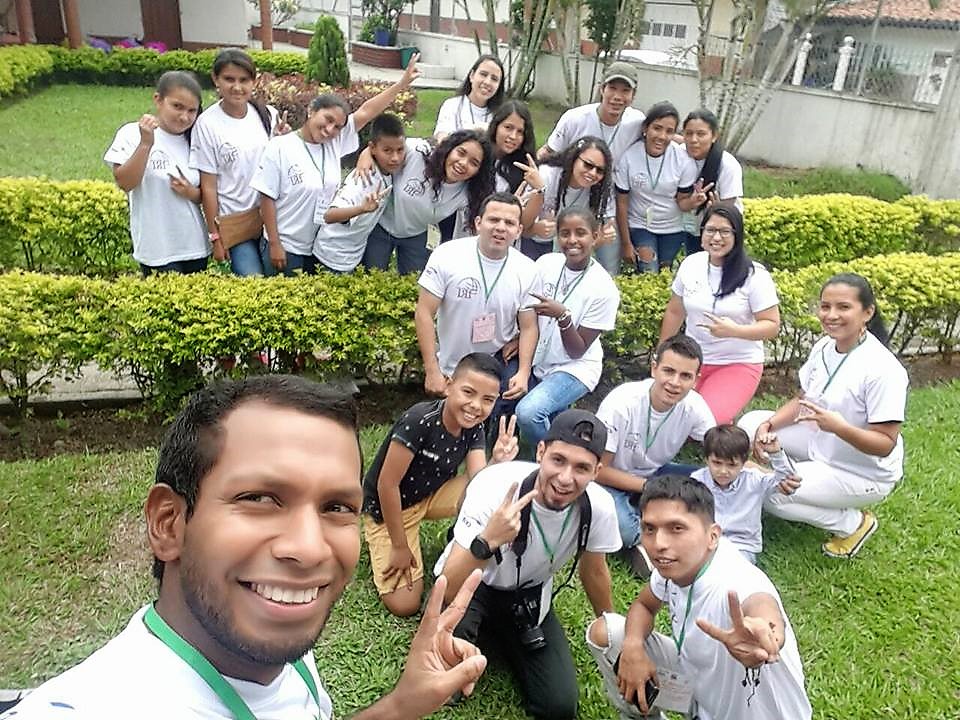New Youth Councils in Colombia Encourage Political Participation

Youth political participation and leadership is critical to a functioning democracy. In Colombia, only four out of 10 young people vote and six out of 10 youth believe politicians do not care about their opinions or needs. The good news is that the country is taking strides to empower young citizens to share their voice.
Colombia is beginning a new chapter in its history, and an entire generation is witnessing the end of 50 years of conflict and the beginning of a 20-year implementation of the 2016 peace accords. 12 million young citizens in Colombia can now be part of the system and vote for youth representatives, who like themselves have different needs under the new post-conflict reality, and who will continue to be directly affected by a peace building process that will shape their future.

In March 2018, President Juan Manuel Santos approved Law 1885 that reforms the Statute of Youth Citizenship. The law creates Youth Councils at all levels of government, a National Youth Council and a system to elect youth representatives to each council. This reform is the product of more than two years of collaboration between the Ministry of Interior and youth civil society organizations.
Although previous youth legislation gave young people the opportunity to organize, it did not contemplate any advocacy mechanisms. This reform provides new opportunities for more organized youth participation through government-endorsed Youth Platforms and Councils, with democratically- elected representatives. These councils have generated mass interest because they require candidates to represent diverse political parties, independent candidates, youth organizations and ethnic minorities, as well as enforcing gender parity and secret ballots in council candidates lists.
Most notably, youth councils will allow nearly 12 million Colombians from ages 14 to 28 to vote for youth representatives at all levels of government across the country and will invite youth from ages 14 to 17 to have their first voting experience. This is of great importance given that in the 2018 presidential election youth had the lowest voting rates. This generates an opening for Colombian youth and marginalized groups to participate in the political system. The new law also mandates the Youth Council to meet regularly with their respective local, departmental, or national counterparts to discuss youth opinions and needs in Colombia’s peace accord implementation and policy-making processes. Finally, it also opens a space for youth representatives to meet twice a year with the Colombian Congress, thus granting youth a direct voice in policy that they did not have before.

IRI and the Ministry of Interior, with input from Colombia Joven (Colombia’s national level youth agency), have developed in 2018 a youth-focused toolkit to support these efforts. This toolkit will provide mayors, youth organizations, multiparty tables, independent youth, ethnic groups, young victims and relevant stakeholders with techniques on engaging with Law 1885’s implementation. This toolkit will also prepare and inform stakeholders as they facilitate and expand processes of participation within their territories.
As the post-conflict peace process unfolds, Law 1885 will allow young Colombians to take an active role in building and shaping their country’s future. It should serve as a model for neighboring countries to open spaces for youth where they can truly participate.
Top